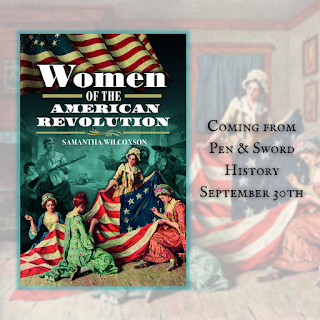The Logan Act was an early legislative bill that outlaws negotiation with foreign governments on behalf of the United States without the approval of Congress. This 1799 bill takes its name from the man who inspired its creation: George Logan.
 |
George Logan
|
A physician from a loyalist family who had recently returned from obtaining his education in England, George Logan joined the infant US government without ever having to endure the trials of war. Upon joining the Pennsylvania legislature on the side of the Jeffersonian Democratic-Republicans, Logan decided to travel to France on behalf of the fledgling nation to negotiate peace with France in 1798. He returned home to find himself denounced by his own party and a law passed in his name by the Federalists. In a time of the Alien & Sedition Acts, Logan could have expected far worse.
However, worse did not come to him. In fact, he was elected to the US Senate in 1800, which emboldened him enough to travel to England in 1810 in an attempt to avert another war on the horizon. He had chosen this peace mission rather than running for another term in congress, a decision for which his wife was less than thankful. Although he was not prosecuted for his efforts under the law bearing his name, Deborah Logan lamented, "He declined a re-election to the Senate, which he might have obtained, and which I had reason to regret he had not accepted, as it furnished reflection and employment to a mind so devoted to the best interests of his country and of society that they appeared peculiarly his province, and that mind seemed to refuse to occupy itself with interest in less important concerns."
 |
Deborah Norris Logan
|
One can sense Deborah's patience being strained by her passionate, if impetuous, husband. She was a well educated woman for her time and could remember listening to the reading of the Declaration of Independence from her family's home near Independence Hall. While her husband never earned any acclaim as a legislator, Deborah is remembered as a prolific writer who provides us a unique peek at the Revolutionary era. Her diary ran to thousands of pages, and she kept decades of personal correspondence. Since many women of this era, including Martha Washington, destroyed personal papers before their death, Deborah Logan's legacy is priceless.
Deborah Logan's diary details daily life in post-Revolution America in a way that few resources do. Few records provide a female point-of-view of this era or cover so many years in so much detail. From daily chores to recipes and politics to quiet evenings before the fire, the Logan's family life is intimately exposed. Deborah especially reveals her inner feelings in a way not typical for the era when she spills out her grief over her husband's death and later her son's.
 |
Diary of Deborah Norris Logan
|
In addition to these writings, Deborah wrote a
Memoir of Dr Logan of Stenton, which was written in the years after his death in 1821 but not published until 1899. In this work, George Logan is lovingly and optimistically described by a clearly devoted wife. Many of his contemporaries considered George little more than a fool, although Thomas Jefferson described him as, "the best farmer in Pennsylvania." George Logan's wife defended and loved him enough to create a book to memorialize him.
 |
Stenton - Logan's Germantown mansion
|
Besides her own papers, Deborah Logan was responsible for preserving letters between William Penn and James Logan, her husband's grandfather and mayor of Philadelphia. She found the cache of documents in the attic of Stenton, the Pennsylvania mansion inherited by her husband. Deborah Logan was the first woman elected to membership of the Historical Society of Pennsylvania, and the society published a transcript of the old family letters.







No comments:
Post a Comment